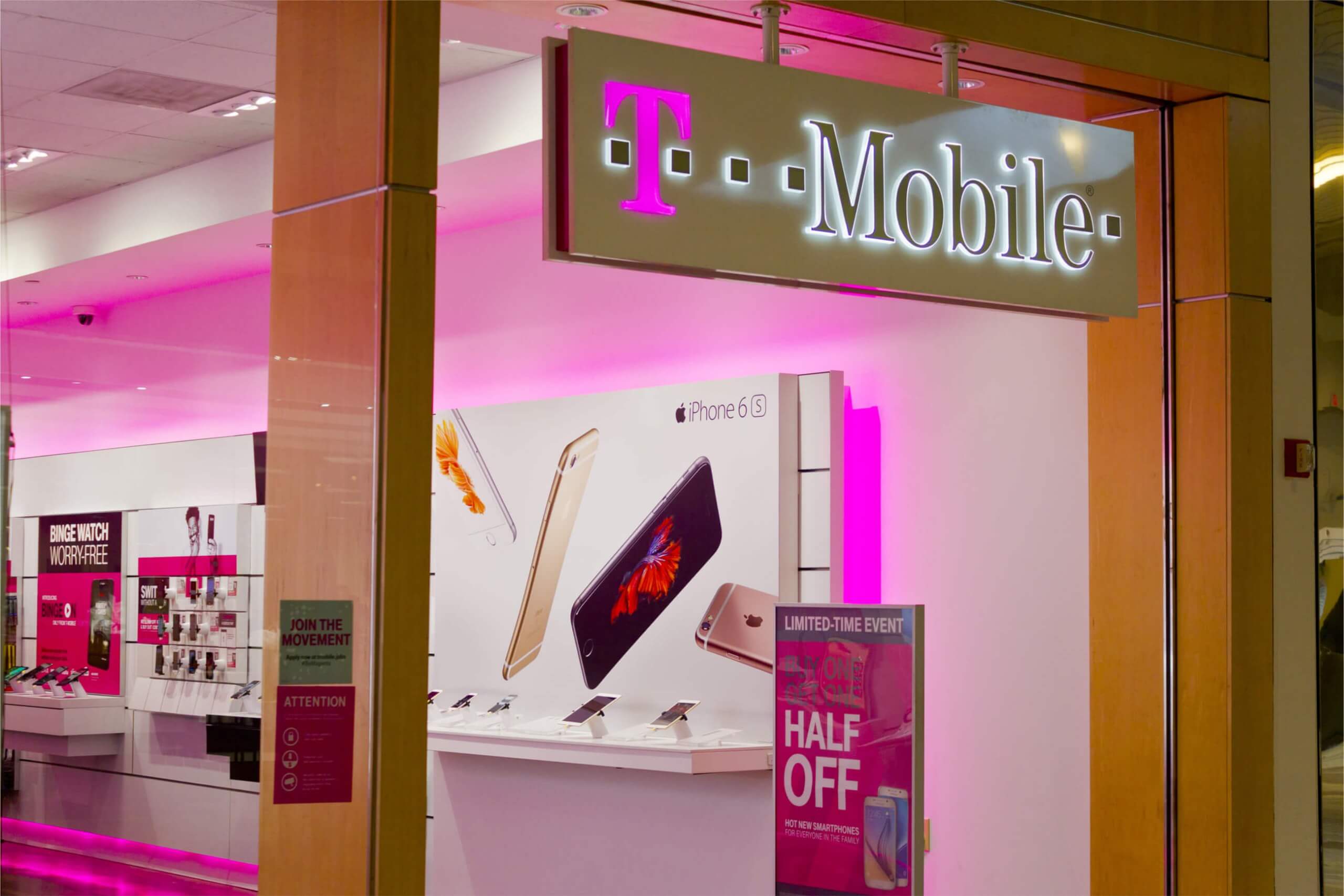Not so fast: Earlier Monday morning, FCC Chairman Ajit Pai indicated that he was going to encourage commissioners to vote to approve the merger between T-Mobile and Sprint. Only a few hours later, news broke that the US Department of Justice is looking to block the deal.
Bloomberg reports that a source close to the DoJ said the department is not convinced that the T-Mobile/Sprint merger would favor consumer interests. Instead, officials fear that it would hurt overall competition within the market.
"The remedies proposed by the wireless carriers earlier Monday don't go far enough to resolve the department's concerns that the deal risks harming competition," said the source.
The buyout was all but given the green light today when Chairman Pai said he would recommend approving the $26.5 billion deal. In their bid for approval, the two companies agreed to sell off Sprint's Boost Mobile and committed to having 5G coverage for 85 percent of the US within three years and 90 percent within six.
"It's hard to say that our concerns could be alleviated by that kind of tinkering."
However, the concessions are not enough to gain DoJ approval. Many are concerned that permanently eliminating one of the four major carriers in the US will work only to drive prices up as the already limited competition will be further restricted.
"It's hard to say that our concerns could be alleviated by that kind of tinkering," Maryland Attorney General Brian Frosh said of the deal. "It means that consumers are going to suffer in terms of price, in terms of quality, in terms of opportunities."
The companies claim that the merger is the only way the US can become the leader in 5G innovation. They also feel that joining forces is the only way the two companies can remain competitive with the top two carriers, Verizon and AT&T.
Applying the brakes to the takeover would be unusual for the DoJ's antitrust head Makan Delrahim, who usually agrees with the FCC on the approval of merger deals. In this case, analysts are not sure how Delrahim's decision will turn out, calling him "unpredictable." However, the White House's firm stance on China seems to indicate that the DoJ will ultimately approve the deal.
